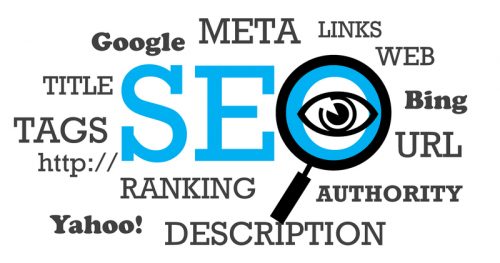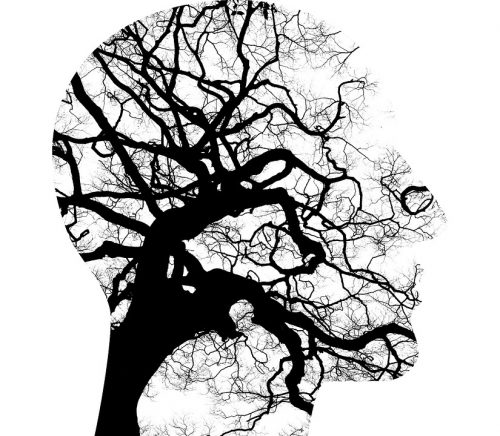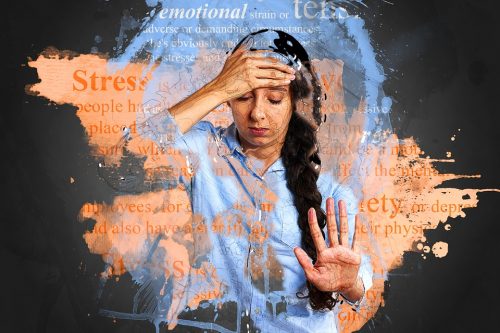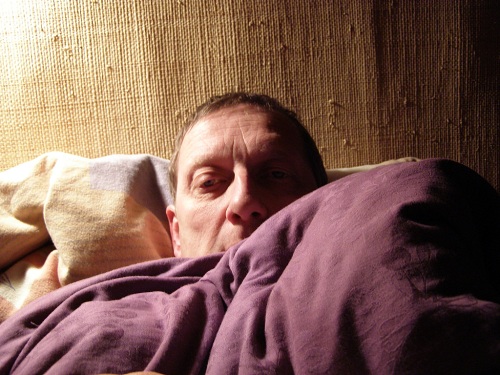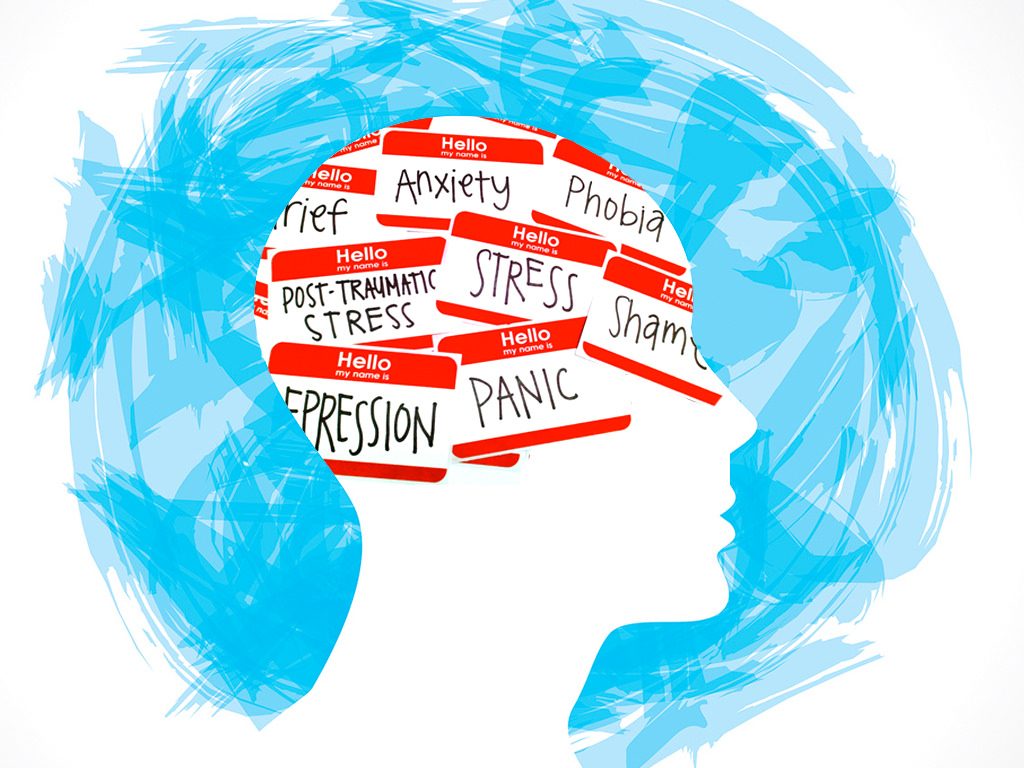Let’s talk more about therapy. What are the different types?
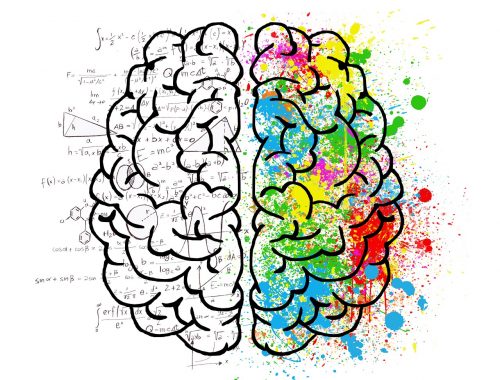
Source: pixabay.com
What are the different types of therapy treatments, and how it affects mental health as well as emotional health?
A mental illness such as depression, anxiety, post-traumatic stress disorder, substance abuse, or bipolar disorder does not go away with just a pill. These are mental health worries that need crucial attention and specific mental health services. There is one very known way of managing them – therapy. Family members support their loved ones by seeking professional help and going to psychodynamic, supportive, group, existential, or cognitive behavioral therapy, depending on their loved one’s needs.
Therapeutic Benefits On Mental Health
Why is therapy needed for mental health? What types of therapy is beneficial to manage mental health issues (talk therapy, family therapy, group therapy, online therapy, in-person therapy, etc.)? How is therapy helpful? Who needs therapy? What approaches does therapy use? Learn about this holistic treatment here.
Therapy For Effective Mental Health Care
Curing diseases is tough. Mental health professionals can prescribe medication to help reduce symptoms. However, reducing symptoms is only a temporary means of escape, as mental health conditions are not completely cured only through medication. This is why most therapists and social workers agree that mental health issues are best tackled through therapeutic counseling. It enables those who struggle with mental health conditions to recover and get mental health support as well as emotional support. Individuals with eating disorders or anxiety disorders who don’t feel comfortable seeing mental health professionals personally may opt to start with online therapy, an affordable method that gives you the opportunity to communicate with an online therapist in the comfort of your home.
Family therapy is now increasingly popular. In some areas, clients can avail of this treatment to address specific household challenges for free during their first therapy session or first appointment. For some, it is being paid by their health insurance provider.
Some individuals may benefit from working with a therapist who has specialized training in areas such as cognitive-behavioral therapy or trauma-focused counseling. However, the cost of appointments and therapies can be a concern for some individuals who may not have insurance coverage or who may be concerned about affordability. But a therapist thinks it’s worth it.
Therapy (either online therapy or in-person therapy) is a form of treatment usually done one-on-one or on a group basis conducted by a therapist or licensed mental health professionals. The sessions hope to resolve a patient’s problematic behavior by first establishing a trusting therapeutic relationship between the patient and a licensed mental health professional.
As Robin D. Stone, LMHC explains “The benefits of therapy are vast, including having an objective perspective on happenings in your life, a sounding board (most therapists) for you to talk through options before taking action, a place where you can deepen self-awareness, access mental health resources to support your growth and personal development, and much more.”
Different Types Or Forms
Psychotherapy (PsyT)
Psychotherapy is a type of therapy that focuses on a patient’s emotional well-being. It involves a licensed therapist initially understanding the patient’s troubling emotions, behaviors, and thoughts. Psychotherapists are well-trained healthcare professionals that hold licenses or master’s degrees. Listed below are noteworthy examples of the treatment. Psychotherapy sessions may be done online or via traditional sessions.
Hypnotherapy (HT)
This form of therapy comprises the use of hypnosis and the right therapist would be someone who has trained and specialized in the field. The patient goes into a trance-like state of focus and concentration. It enables the therapist to tap into the deep thoughts or feelings of the patient. By doing so, they gain control of these problems. Hypnotherapy requires a strong therapeutic relationship because it takes trust to work. It is among the oldest mental health services.
Cognitive-Behavioral (CBT)
Also called talk therapy, this is a famous type of therapy for mental health often referred to as CBT. The approach applies to several kinds of mental health issues, including emotional distress and eating disorders, among others. CBT encourages a change in the client’s thought process and an improvement in his communication skills assisted by the therapist. It helps them respond to stressful situations and works in conditions like post-traumatic stress disorder. Cognitive behavioral therapy can be availed through in-person or online services.

Source: pexels.com
Physical Therapies (PT)
Physical therapy involves the rehabilitation of the patient’s physical condition. Thus, many therapists prefer to do in-office sessions than online sessions. It enables those who came from an accident to recover. It allows them to grasp control of damaged limbs or artificial ones. It guides older patients to regain the use of different body functions. They may also relieve themselves from pain through this. The therapist may assist them in the process.
Dynamic and Adaptable Types
Sessions vary on the patient’s needs. Therapists create programs that cater to different situations. Long-term treatment services are adjusted to maximize the effect and improvement. You will notice the progress from the initial sessions and after the first few sessions.
Therapy Helps Cultivate Life Skills And Coping Skills
A professional therapist can help you discover the problem. They lead you to the root of your worries and offer support. Therapy provides effective plans and strategies to release you from these hardships. It keeps your anxiety at bay, and you don’t have to figure everything out by yourself. If the problem is among family members or couples, then you can opt to seek therapy specifically from a marriage and family therapist who can provide traditional counseling or online marriage therapy.
Molly Bowman, MS, LPC said “Therapy is intended to be a place to carefully and safely start to turn toward whatever it is you’ve got.”
Looking for the right therapist, or what they typically refer to as trained professionals, i.e. psychologists and psychiatrists, can be difficult. But doing so can also be life-changing. Why? Because making progress in life, however little that may be is one of the few factors of a happy life. In a sense, the price of finding the perfect therapist for you outweighs the cost of the trouble you had to go through to reach that point.
Psychology Today says that people benefit a lot from successful therapy sessions because their therapists, some of whom are social workers, act like their friends. When they talk, they come from a place of compassion and understanding. They don’t judge you like others would do on a normal basis. In other words, they are good for your psychology. That’s why a therapist is called a mental healthcare provider for a reason. Indeed, therapy can be a tremendous help.
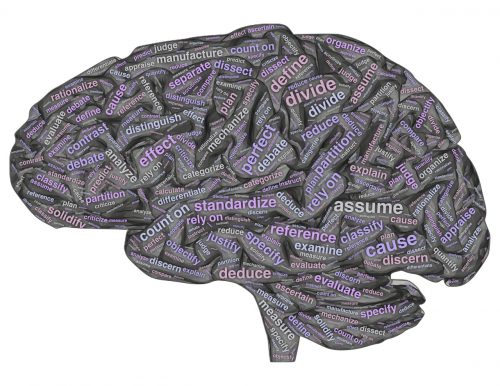
Source: pixabay.com
Gaining Control For Mental Health Through A Holistic Approach
People want to love themselves, and they can achieve it best if they can control their actions and emotions. It is a very depressing idea to be unable to do so, and professional online therapy or traditional therapy can tremendously help with this. By gaining control, people can manage to live without stress and fear.

Source: pixabay.com
A Treatment That Heals Your Personality And Yields Positive Outcomes
Therapy does miracles not only for your body but also for yourself. It improves your thought processes, emotional stability, and mental health. Medicines come and go, but they leave an impact on individuals.
The Takeaway/Conclusion
Therapy can be a helpful tool for clients and families to cope with painful experiences and challenges as they happen. Talking with clinicians who specialize in specific areas of concern can help individuals develop tailored strategies for managing symptoms and addressing concerns.
However, the cost of treatment and drugs can be a concern for some individuals who may not be able to afford to treat themselves. It’s important to find a therapist or mental health professional who can provide guidance and support, and who can help individuals identify resources for affordable care.
Frequently Asked Questions
What Is Therapy Definition?
Therapy is a collaborative process between an individual and a trained professional, aimed to address emotional, behavioral, and psychological issues to improve the former’s overall well-being.
What Are The 5 Types Of Therapy?
The five types of therapy are namely cognitive-behavioral therapy (CBT), humanistic therapy, psychodynamic therapy, family therapy, and group therapy.
What Is The Best Therapy For Trauma?
Cognitive processing therapy (CPT) and eye movement desensitization and processing (EMDR) are often prescribed to help individuals process and move on from their traumatic experiences, reduce distress symptoms, and promote better healing.
What Is Therapy Used For?
Therapy is said to treat a wide range of concerns, including emotional difficulties, relationship problems, stress management, personal growth, and of course, mental health disorders.
What Type Of Therapy Is Used For Depression?
Cognitive behavioral therapy is commonly used for treating depression, as it focuses on identifying and changing negative thought patterns and behaviors. This type of therapy has been shown to be effective in alleviating depressive symptoms.
What Is The Best Form Of Therapy?
The best type of therapy depends on the individual’s circumstances, from the specific health concern, personal preference, and compatibility to the therapeutic approach. People react to different approaches differently; thus, the effectiveness of therapy depends on various factors and conditions.
Why Do People Go To Therapy Sessions?
People go to therapy for different reasons, including gaining a better understanding of their situation and condition, insight into their emotions and thoughts, seeking support and professional guidance, improving relationships, developing coping skills, and working through personal challenges.
Does This Holistic Approach To Treatment Really Work?
Yes, therapy has been proven to be effective in treating a wide range of mental health conditions and improving an individual’s overall well-being. The success of the treatment, of course, depends on different factors, including openness, honesty, and commitment to the process and the relationship they have with the professional, be it a psychologist, psychiatrist, etc.
What Is Normal Therapy Called?
It is commonly referred to as “talk therapy” better known as counseling. Talk therapy involves verbal communication between the client and the therapist. The goal is to address emotional and psychological challenges.
How Do I Know If Therapy Is Right For Me?
Again, the effectiveness of therapy depends on different factors, including the impact of your concern in your daily life, your desire for personal growth, and the availability of support. Seeking the help of a mental health professional can help you assess your specific needs and determine the best treatment for your specific circumstances.
How Can Therapy Help Me?
Therapy can help provide a safe and supportive environment so you can explore your thoughts, emotions, and behaviors deeper and better. It can help you gain insight, develop coping skills, boost self-esteem, and improve your relationships. It also helps in working towards personal growth and well-being.
What Do They Ask You In Therapy And Counseling Sessions?
Questions asked during sessions depend on the therapist’s approach and the specific concerns of the individual. They usually inquire about your background and current challenges and concerns before moving to your thoughts, behaviors, and emotions. From there they will move on to talk to you about your relationships with your inner circle and your goals about your situation and in life. All your answers will be used to gain a better understanding and guide you to your therapeutic sessions.
Is It OK To Ask Someone Into Therapy?
Yes, it is generally okay to suggest to someone to go to a session, especially if you genuinely care about their well-being. However, mental health is a sensitive topic, thus, it is important to approach it with empathy, sensitivity, and respect. Also, the decision to seek professional mental health help ultimately rests with the individual.
What Do You Call Someone Who Seeks Therapy?
They are often referred to as a client, a patient, or simply as an individual seeking treatment.
How Do I Know Which Counselor Is Best For Me?
The best treatment approach is the one that is right for you. To find the right one, consider their expertise, personal fit, approach, location, availability, and of course, cost. It will be best to schedule an initial consultation with your prospective therapists to find out if they are a good match for you.




